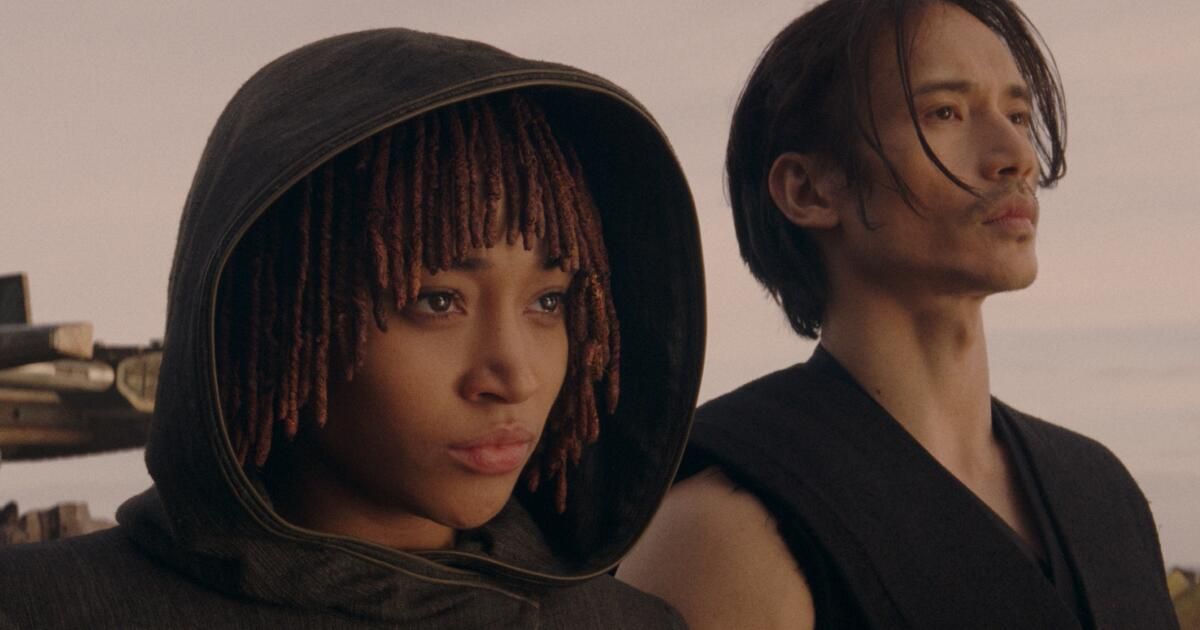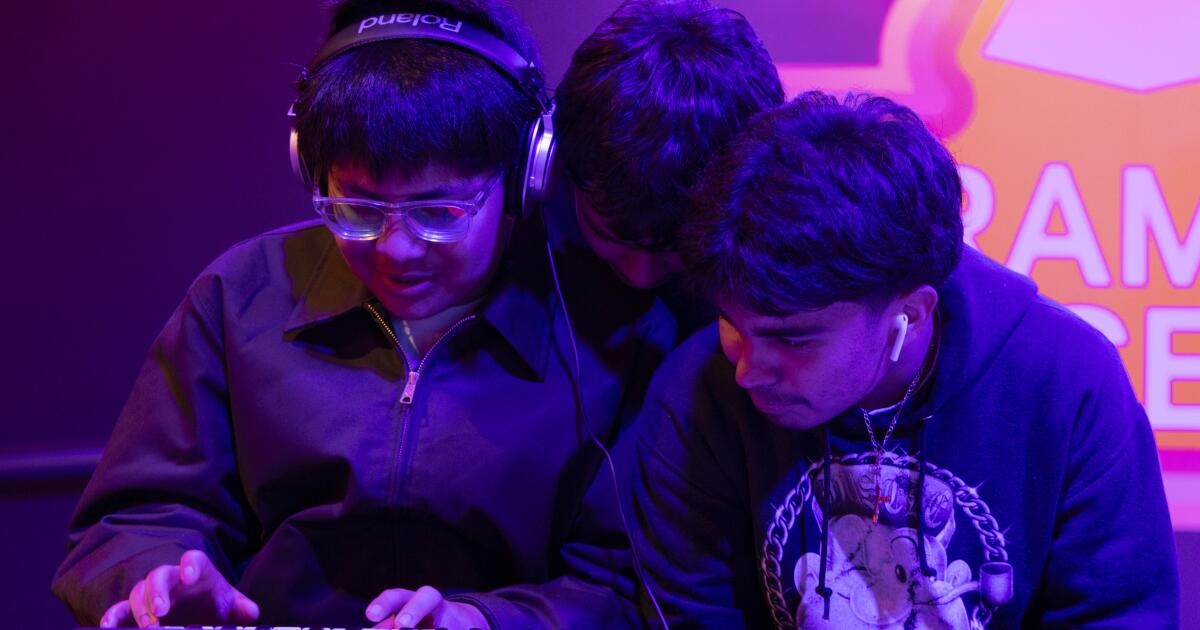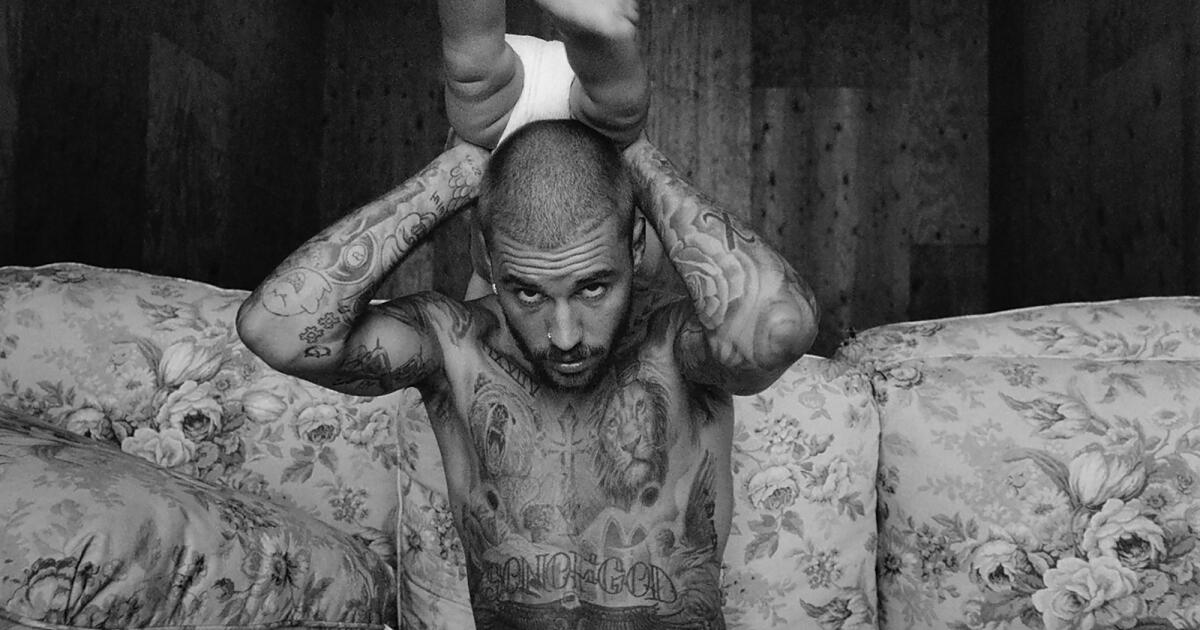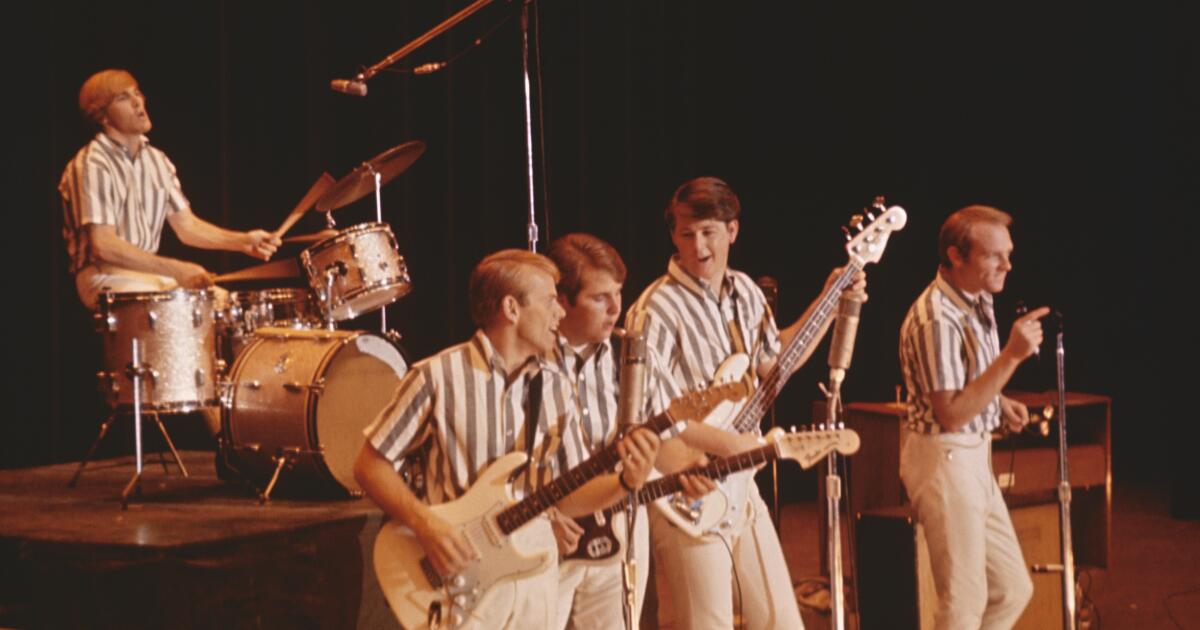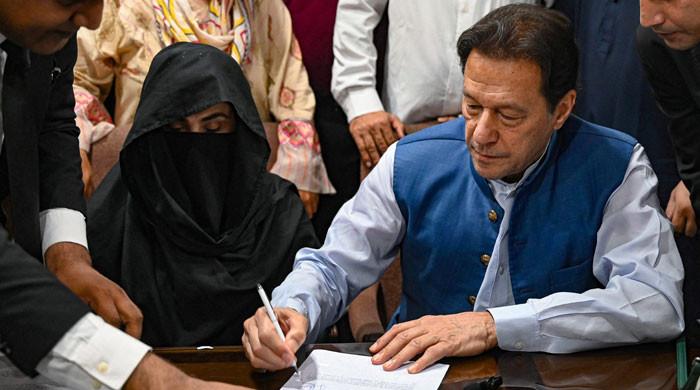“The Acolyte” was one of the most ambitious “Star Wars” stories on screen.
The Disney+ series was set in an “even further time” in a galaxy far, far away that had yet to be explored in live-action. A crime thriller that portrayed the Jedi in a new light, it introduced characters and lore that challenged preconceptions about the Force and its users. The show even hinted at a connection to a legendary dark side figure who had never before appeared in film or television. And its first season, which concluded in July, ended on a cliffhanger.
Sadly, Lucasfilm will not be moving forward with a second season of “The Acolyte,” The Times has confirmed. The cancellation, while not entirely unexpected, is still a blow to “Star Wars” that dampens hopes for the franchise’s future.
Created by Leslye Headland, “The Acolyte” follows Osha and Mae Aniseya, twins (both played by Amandla Stenberg) with a mysterious connection to the Force and a complicated history with the Jedi. The plot is set approximately 100 years before the events of “Star Wars: Episode I – The Phantom Menace” (1999), during the final days of the High Republic era.
The show was the first live-action “Star Wars” project to take place during a completely different time period than the main film series known as the Skywalker Saga (“Episode I” through “IX”). Series such as “The Mandalorian” and “Ahsoka” take place between the events of the original and sequel trilogies, while “Andor” and “Obi-Wan Kenobi” take place between the events of the prequel and original trilogies.
Manny Jacinto in “The Acolyte”.
(Christian Black / Lucasfilm)
As much as Lucasfilm seems to have mastered the art of finding gaps within the main film series to tell additional stories, the franchise’s future seems increasingly limited if it merely mines this familiar (and finite) territory. “The Acolyte” broke new ground, highlighting a time period that has been largely fleshed out in “Star Wars” novels and comics in recent years.
And while it may not have been perfect, the series also infused “Star Wars” with new ideas, introducing a sect of Force users as well as different perspectives and nuances around the Jedi, who are not as infallible as fans want to believe. It also offered a vision of a galaxy that is openly diverse and inclusive, with room for nonhuman Jedi and lesbian space witches alike.
In some ways, it seems like “The Acolyte” was doomed from the start. The “Star Wars” fandom has long had a dark side that is virulently vocal about perceived shortcomings — just look at how “The Phantom Menace” was received when it was first released.
Since then, “Star Wars” has become something of a battlefront in the culture wars, with self-proclaimed “superfans” feeling emboldened to make racist and sexist comments disguised as criticism. Sometimes, their campaigns against certain “Star Wars” installments begin even before a trailer is released, so a series like “The Acolyte,” created by a woman and starring actors of color, already faced an uphill battle in certain online spaces.
And while the problematic backlash didn’t directly lead to the cancellation of “The Acolyte,” the news has been met with cheers from the “anti-woke” crowd, including the owner of a certain social media site formerly known as Twitter, who is currently funding at least one lawsuit against Disney.
“The Acolyte” received generally positive reviews from critics and debuted to strong ratings that reportedly fell in subsequent weeks.
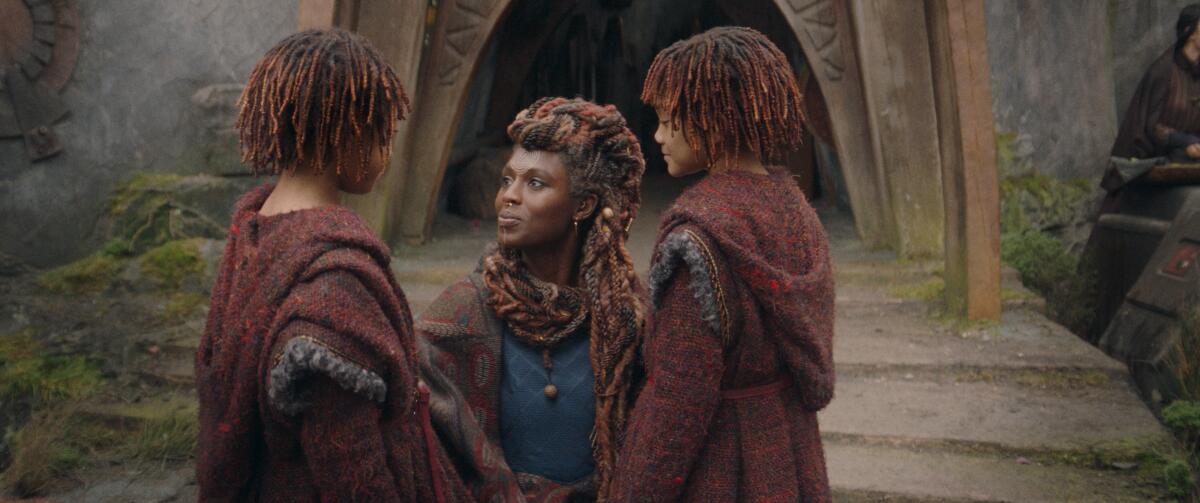
Young Osha (Lauren Brady), left, mother Aniseya (Jodie Turner-Smith) and young Mae (Leah Brady) in “The Acolyte.” The show followed Osha and Mae, twins with a mysterious connection to the Force.
(Lucasfilm)
Some shows need time to work out their kinks and build a following, which is difficult in today’s crowded media landscape. In addition to there being little room for nuanced debate in public forums, television shows also have shorter runs to be considered a success. Prestige sci-fi and fantasy series are expensive and time-consuming, resulting in a larger gap between shorter seasons, making building a fan base that much harder.
Not every series can be “The Mandalorian” or “Andor,” instant hits with audiences willing to wait years for the next installments. “The Mandalorian” has expertly handled nostalgia and Baby Yoda since its 2019 launch, while “Andor” has leaned into the political roots of “Star Wars.” But for now, Lucasfilm appears to be betting its future on those two properties: “The Mandalorian & Grogu,” a film that picks up from the events of “The Mandalorian” Season 4, and “Andor” Season 2 are among the few “Star Wars” projects with planned release dates in 2026 and 2025, respectively. Plus, another series, “Skeleton Crew,” slated for December, shares some creative DNA with “The Mandalorian.”
Lucasfilm has, however, said it understands that “Star Wars” needs to grow beyond “The Mandalorian” and “Andor” and the roughly 70 years that the Skywalker Saga spans. The publishing initiative around the High Republic is intended to open up the galaxy to more potential stories. And other announced films like the untitled Sharmeen Obaid-Chinoy-directed film starring Daisy Ridley about the future of the Jedi Order and a James Mangold film about the origins of the Jedi Order show that there will be more on-screen efforts to explore the past and future of “Star Wars.”
But “Star Wars” can’t wait too long to take big steps like “The Acolyte,” because the well of nostalgia only goes so deep.

